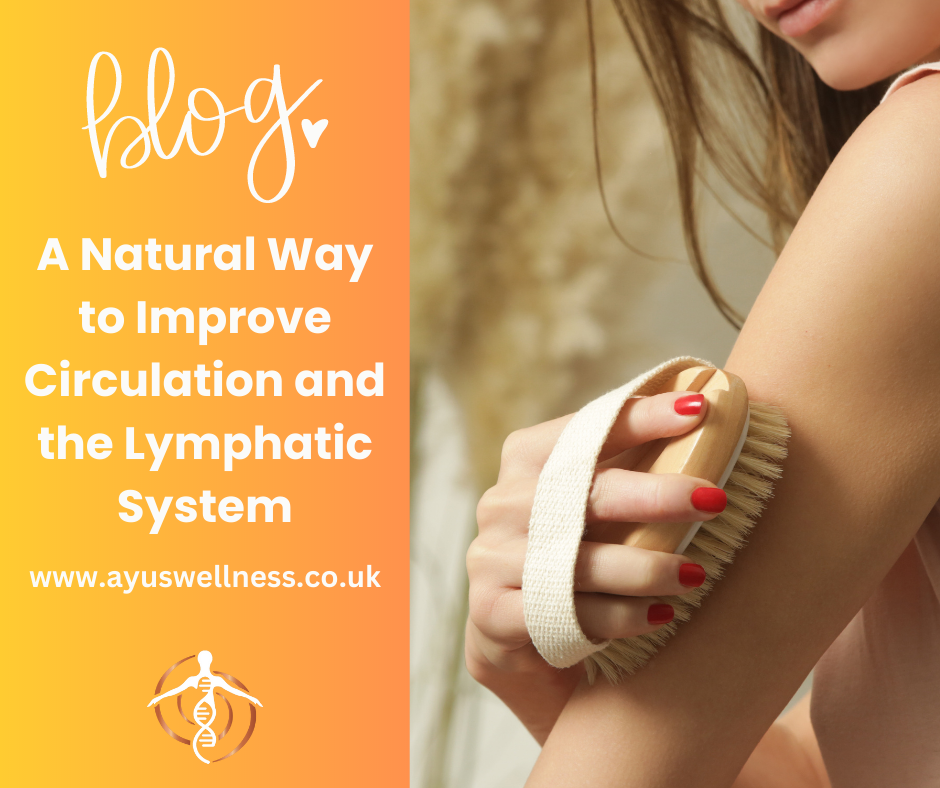
Introduction:
In the hustle and bustle of modern life, stress has become a ubiquitous presence for many individuals. However, there is hope in the practice of mindfulness meditation, which offers a powerful tool for coping with stress and enhancing overall well-being.
Motivational Story:
I vividly recall a time when stress seemed to consume every aspect of my life. Juggling work, family, and personal responsibilities was 24/7, and I struggled to find moments of peace amidst the chaos. It was during this period that I discovered the transformative power of mindfulness meditation.
Narrative of Transformation:
At first, the idea of mindfulness meditation seemed too ‘woo woo’. Sitting still in the lotus pose and quieting the mind, felt like it would be a complete waste of time. Yet following the evidence I kept seeing for the benefits, with perseverance and dedication, I began to integrate mindfulness into my daily routine.
Benefits of Mindfulness:
Over time, I noticed subtle shifts occurring within myself. The moments of stillness cultivated through mindfulness meditation provided a clarity amidst the storm of daily life. I found myself better equipped to navigate challenges with clarity and composure, rather than feeling the effects of stress.
Practical Tips for Mindfulness Practice:
For those embarking on their mindfulness journey, here are a few practical tips to get started:
- Begin with short, guided meditation sessions to familiarize yourself with the practice.
- Find a quiet and comfortable space free from distractions.
- Focus on your breath as an anchor for your attention, gently returning to it whenever the mind wanders.
- Practice non-judgmental awareness, allowing thoughts and emotions to arise without attachment or resistance.
- Be patient and compassionate with yourself, understanding that mindfulness is a skill that develops over time.
Closing:
As I reflect on my journey with mindfulness meditation, I am struck by the profound impact it has had on my well-being. Through the practice of mindfulness, I have discovered a source of resilience and inner peace that serves as a guiding light amidst life's challenges.



